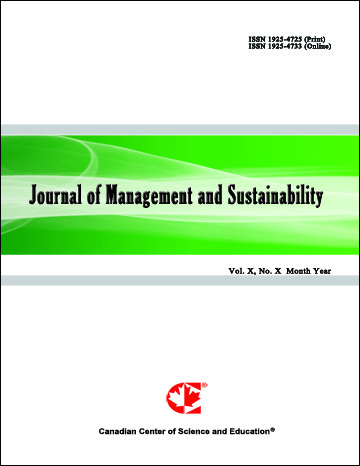Neighborhood Quality and Housing Value: Evidence from Urban Micro Data
- Yi Wang
- Ruiping Ran
- Guoying Deng
Abstract
Using urban residential micro data from CHNS, this paper employs Hedonic Pricing Model to investigate the impact of Neighborhood Quality on housing value and its mechanism. We find that, Human Capitals measured by average schooling years and occupational diversity have significant positive effect while cultural capitals such as Ethnic Diversity have significant negative effect on housing value. Compared with the empirical results from developed counties, Social Capitals measured by length of tenure and own room rate have insignificant effect on housing value. In addition, having Kindergarten and Hospitals near the communities are positively correlated with the housing value while Internet cafe or transportation services are negative. We believe that these facts are closely related to the stage of economy transition and rapid urbanization in current China. The conclusions have important implications for the effective construction of harmonious commodities.
- Full Text:
 PDF
PDF
- DOI:10.5539/jms.v2n1p128
Journal Metrics
Google-based Impact Factor (2021): 1.54
h-index (July 2022): 37
i10-index (July 2022): 147
h5-index (2017-2021): 12
h5-median (2017-2021): 19
Index
- Academic Journals Database
- ANVUR (Italian National Agency for the Evaluation of Universities and Research Institutes)
- CAB Abstracts
- CNKI Scholar
- EconBiz
- Excellence in Research for Australia (ERA)
- GETIT@YALE (Yale University Library)
- Harvard Library
- HeinOnline
- Infotrieve
- JournalTOCs
- LOCKSS
- MIAR
- PKP Open Archives Harvester
- RePEc
- Scilit
- SHERPA/RoMEO
- Stanford Libraries
- UCR Library
Contact
- Evelyn XiaoEditorial Assistant
- jms@ccsenet.org
